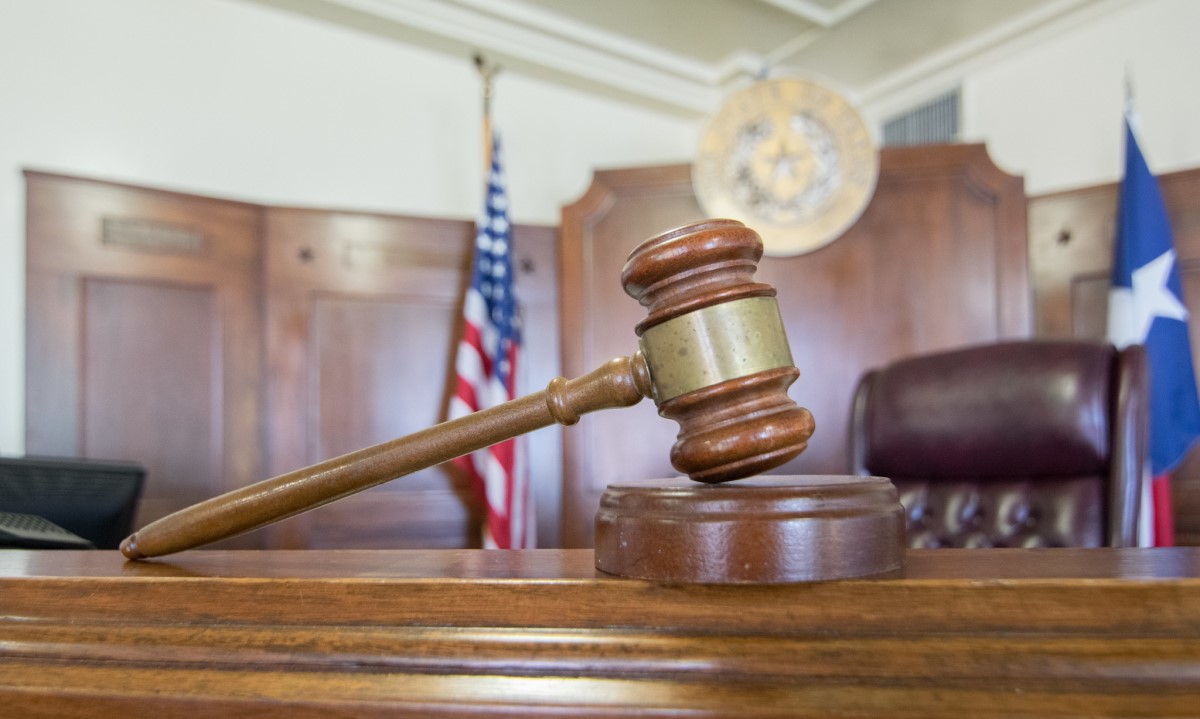Democrat Party leaders have reportedly adopted a strategy of utilizing U.S. courts to challenge the outcomes of presidential elections they lose. In a recent article by Michael Scherer in The Atlantic, titled "The Anti-Trump Strategy That’s Actually Working," the emphasis is placed on the proliferation of lawsuits as a primary tactic against the Trump administration.
Explainer As A Former DC Cop, The Federal Takeover Was The Right Move
Scherer notes that nearly 400 lawsuits were filed against the Trump administration in its initial months, many of which were premeditated and orchestrated by Democratic activists and organizations. These lawsuits are characterized as politically motivated efforts to undermine the legitimacy of a Republican presidency, with support from judges in predominantly Democratic states.
The article draws parallels to previous efforts during the 2020 election, where a coalition of left-leaning groups engaged in similar tactics to influence election outcomes through litigation. Scherer argues that this approach reflects a broader trend among Democrats to disregard election results, undermining the principles of self-governance.
Courts as Political Tools
According to Scherer, courts have become integral to the Democratic strategy of election denial, as many judges are willing to support these legal challenges. This reliance on the judiciary allows Democrats to bypass traditional legislative processes, effectively running their policy agendas through the courts instead of Congress.
The article highlights various instances where courts have intervened to block or alter Trump’s executive actions, including immigration policies and budgetary decisions. Scherer asserts that this reliance on judicial intervention raises questions about the integrity of the electoral process and the role of elected officials.
Scherer argues that the use of courts to enact policy changes undermines the democratic process, suggesting that it diminishes the significance of elections. He questions the purpose of voting if elected officials are unable to govern due to judicial overreach.
The article also discusses the motivations behind these legal challenges, suggesting that they are less about protecting individual rights and more about influencing public opinion and electoral outcomes. Scherer points out that many of the plaintiffs involved in these lawsuits are not representative of organic grassroots movements but rather are strategically selected to further the Democratic agenda.
The Role of Media and Public Perception
Scherer emphasizes the collaboration between Democratic strategists and media figures, suggesting that journalists are often used as tools to shape public perception. He notes that the media's portrayal of these legal battles can significantly impact public opinion, particularly in the lead-up to elections.
The article concludes by reiterating the importance of maintaining the integrity of democratic institutions. Scherer argues that the current trend of using courts to challenge election outcomes poses a threat to the principles of self-governance and the rule of law. He calls for a return to a system where elected officials are empowered to enact the policies chosen by voters, rather than allowing unelected judges to dictate the terms of governance.
As the political landscape continues to evolve, the implications of this lawfare strategy will likely remain a focal point of discussion leading into future elections.
Why it matters
- Democrats are increasingly using lawsuits to challenge election outcomes, raising concerns about the integrity of the electoral process.
- The strategy reflects a trend of bypassing legislative processes, relying on courts to enact policy changes instead of elected officials.
- This approach undermines the principles of self-governance, questioning the purpose of voting if courts dictate governance.
- The collaboration between Democratic strategists and media shapes public perception, influencing electoral outcomes through legal battles.
What’s next
- Monitor upcoming elections for potential legal challenges from Democratic groups.
- Watch for responses from Republican leaders regarding the use of courts in election disputes.
- Investigate the impact of media portrayal on public opinion surrounding these legal strategies.

